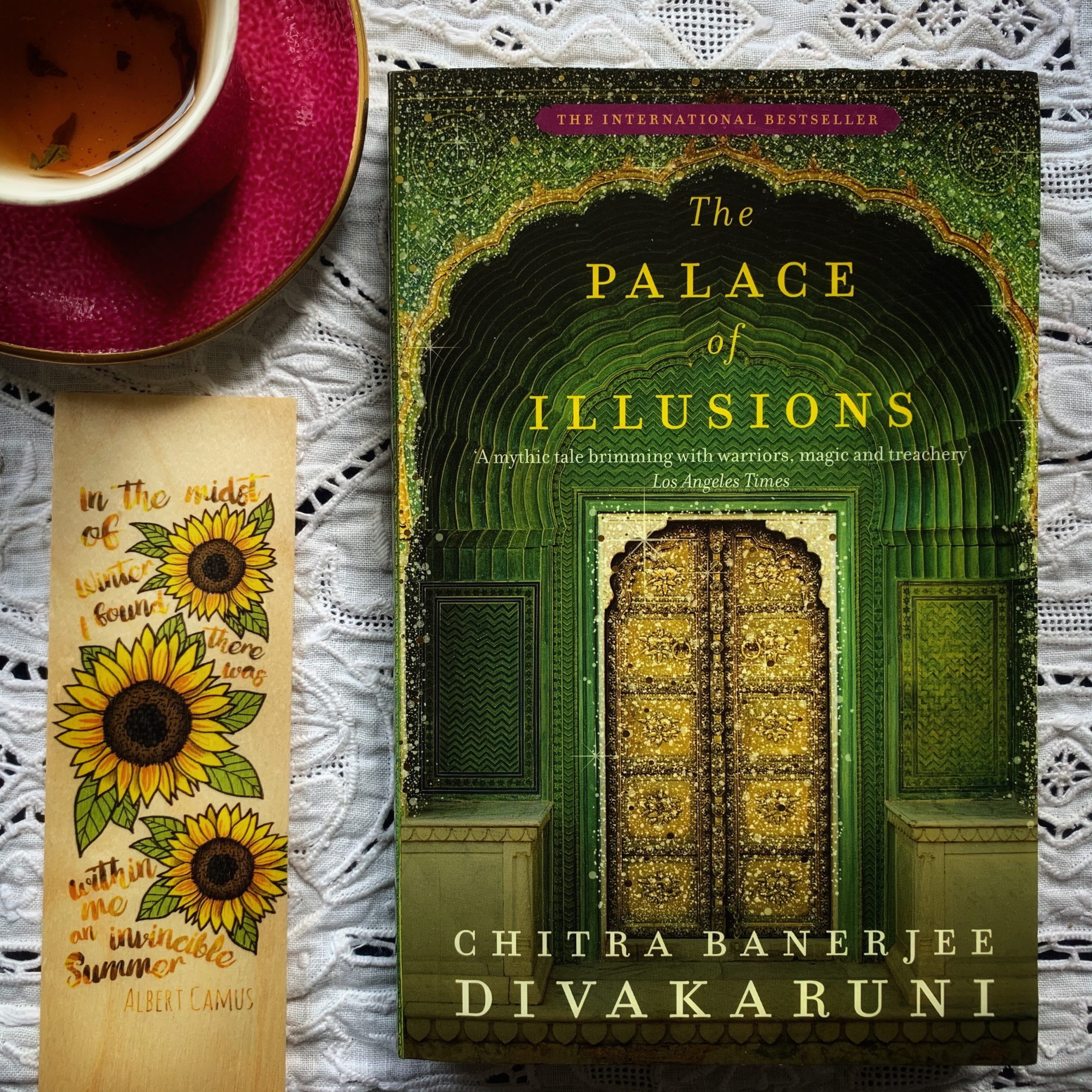- By The Zoya Project
- December 16, 2016
- 1 comments
As my junior year of high school comes to a close, so does studying this novel. The year started with the horror stories surrounding the dreaded prescribed reading – “The Shadow Lines” by Amitav Ghosh originally published in 1988. I was all prepared to hate it, and pleasantly surprised when I didn’t. I loved it. The Catcher in The Rye was worse, in fact, I quite despised it. But this novel has quickly become a favourite, I’m sure I’ll be able to turn to often.

“PEOPLE LIKE MY GRANDMOTHER, WHO HAVE NO HOME BUT IN MEMORY, LEARN TO BE VERY SKILLED IN THE ART OF RECOLLECTION.”
~~ The Shadow Lines, Amitav Ghosh
The Shadow Lines is a tough read. It took me many days to get through it, but perhaps that’s because of my preconceived notion that I wouldn’t like it anyway. Set in the 1960s and early 1970’s the book is split into two halves. Going Away and Coming Home. The narrative is a masterpiece as Ghosh weaves through all boundaries of time, place and existence. Focusing on the lives of those disrupted by the war between India and the two Pakistans and the long term effects of the lives of those involved.
The writing jumps from one setting to another in quick succession weaving through different events in the narrators mind before getting back to the original event he was narrating. It feels like wading through a swamp of thoughts and anecdotes. The language flows so effortlessly from one incident into another. It is literary pleasure to read through the book.
More than just a story The Shadow Lines comments on so many aspects of life and war that are so poignantly honest. The ideas that Ghosh puts forward don’t hit you until the end when you realize how the story has finished. He is weaving a tapestry of words, and only once it’s finished do you see the glimmer and gold amongst the grit of the story. You’re pulled into this world that traverses all boundaries. All boundaries are reduced to simple shadows. Shadow Lines.
Ghosh uses this masterpiece of a novel to comment on the idea of what Indian parents accept of their children. He uses Trideb to comment on the idea of what we as Indians expect from our children and how hugely disproportionate our disappointment is when they fail to meet these expectations.
One of the most heartbreakingly beautiful scenes I’ve ever read is the one Ghosh writes regarding casualties of war. They are reduced to names and numbers at the border. It’s something to ponder over. The idea of loss, loss of loved ones, loss of memory, loss of innocence is so acutely portrayed as the narrator grows with a tragedy that has been dipped in the murky waters of time, until it has been so distorted it is incomprehensible. The idea of cartography and casualties and how mundane they seem to us, and how little they impact us, until it is someone in the little bubble that surrounds us that is reduced to a number in black and white on the gritty inked daily paper.
I think the part I loved the most was how Ghosh teaches the reader to travel within one’s mind. For me books have always been a way to escape reality. But it’s been a new experience for me to travel and build up an entire city within the corners of my mind the way the narrator learns to. It opened up an entire new way of travel for me, which while not as enriching as walking the streets of a new city, teaches one how to navigate through new places, everyday of life. It taught me the art of recreation, using words more completely.
The Shadow Lines is tough to read and yet the story that comes across is a tragedy that is so beautiful and encompasses those aspects of life that when faced with, we flinch at. It is the revelations that we refuse to look at that make this book so perfect. It has been my favourite read of 2016…




One thought on “THE SHADOW LINES – A REVIEW”